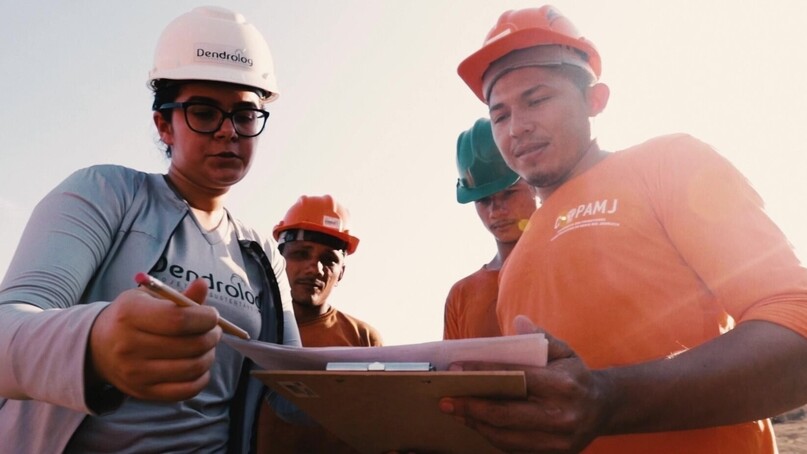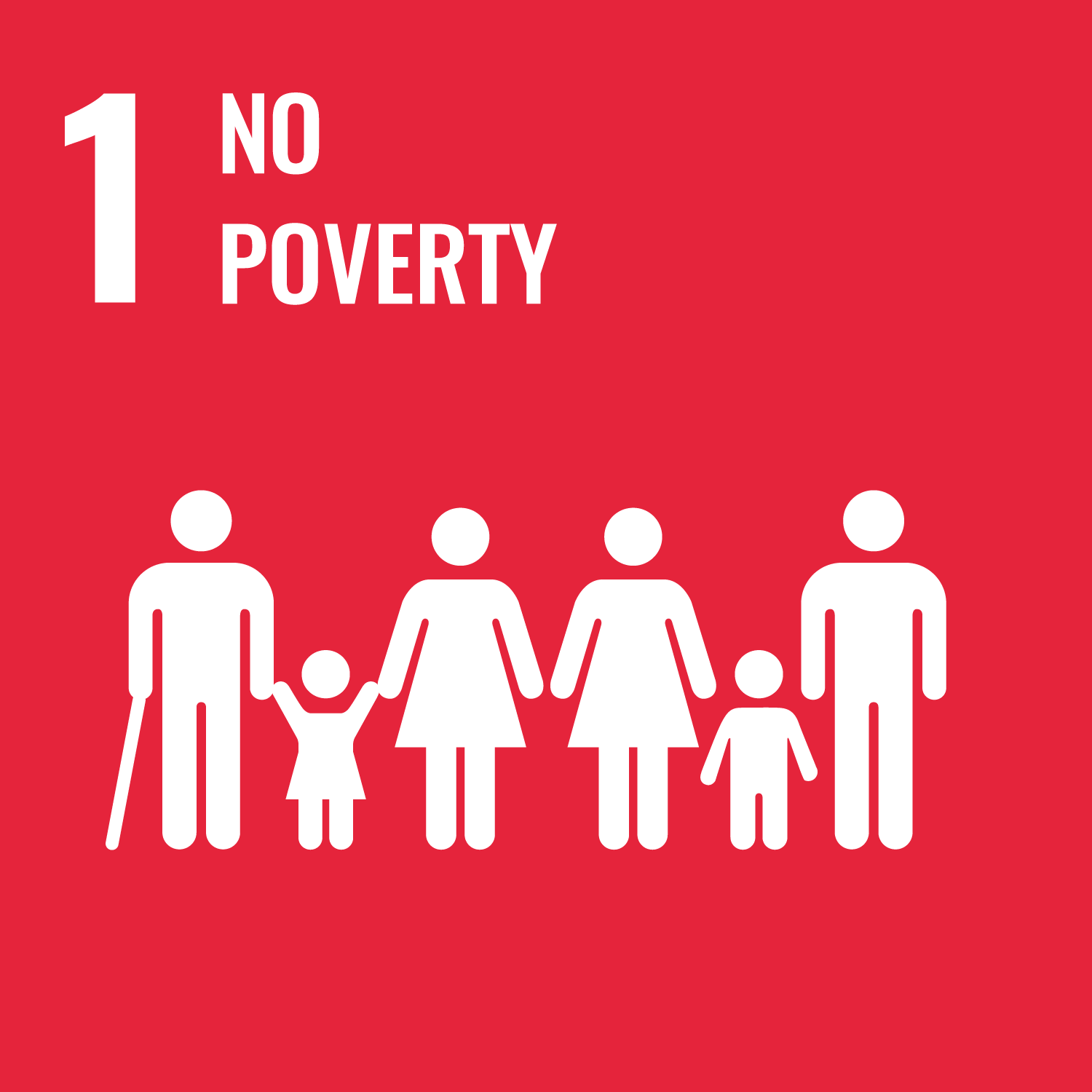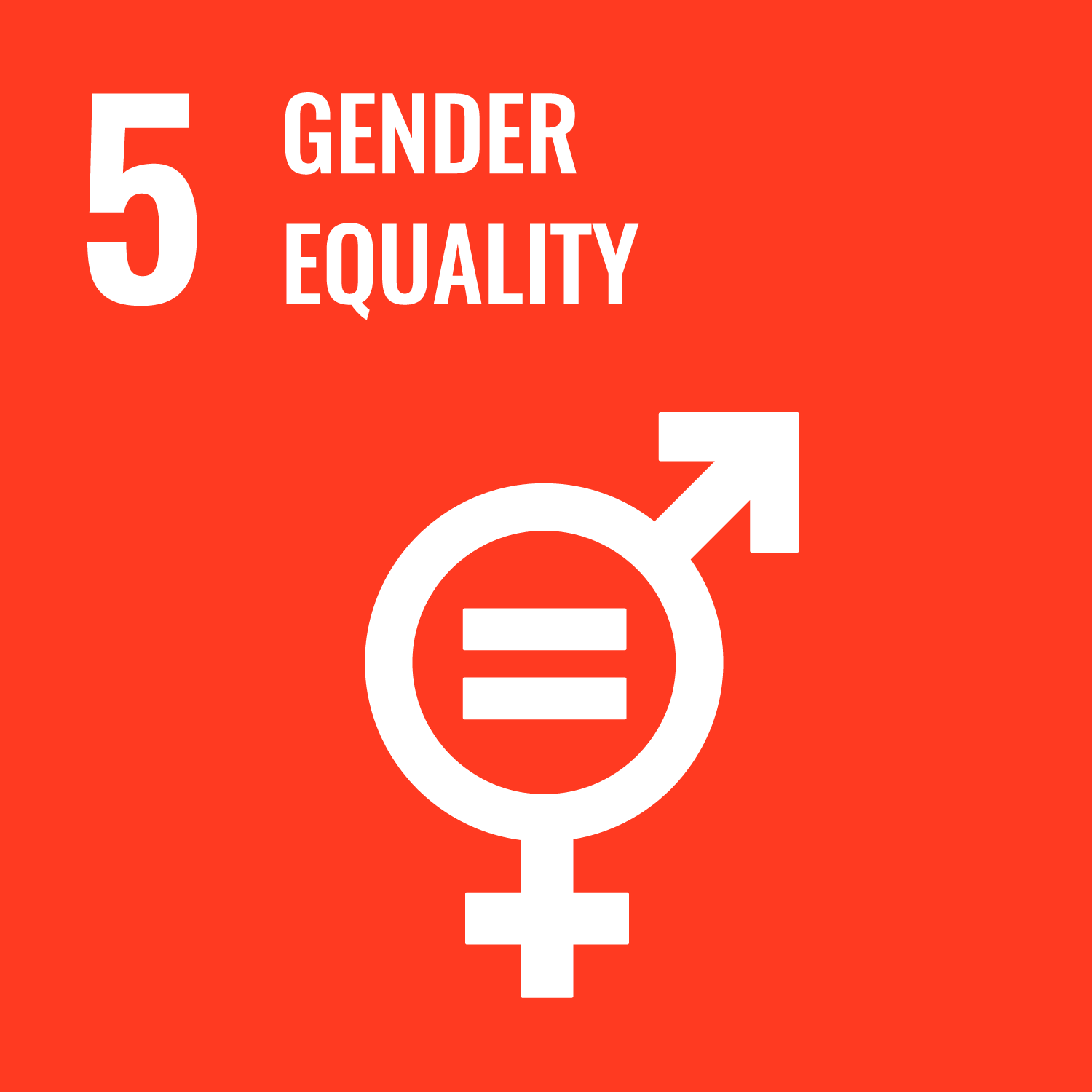New video shows how communities are implementing sustainable forest management in the Amazon
22 April 2023

Community members and project staff reviewing forest management plans in Verde para Sempre Extractive Reserve. Photo: Embrapa
Yokohama, Japan, 22 April 2023: A video released today shows how an ITTO project is helping communities in the Verde para Sempre Extractive Reserve implement sustainable forest management and thereby ensure the sustainability of the resource and the long-term viability of their forest enterprises.
Project PD 452/07 Rev. 5 (F) “Sustainable management of production forests at the commercial scale in the Brazilian Amazon, phase II”, also known as the Bom Manejo 2 project, is being implemented by Embrapa (the Brazilian Agricultural Research Corporation). It has developed tools to assist communities and enterprises in preparing and implementing sustainable forest management plans, which must be approved by authorities before logging can commence.
“There is a lot of pressure from the illegal market,” said Katiuscia Miranda from the Instituto Internacional de Educação do Brasil, speaking in the video. “But it is important to stress that the communities, which have territorial rights to the raw materials, have an interest in both conserving the resource and generating income.”
The project worked closely with communities in the 1.3-million-hectare Verde para Sempre Extractive Reserve to develop 12 sustainable forest management plans, all of which have been approved and are now under implementation.
According to Rosalina Magalhães, the secretary of the Sustainable Development Committee (SDC) in the Porto de Moz community, the tools are helping keep much better track of what is happening in the forest. “We’ve got all the information,” she said. “How many trees you felled, what you spent on fuel, how many people worked, what materials were used—all from the Bom Manejo tools.”
“This is an extremely important project for the Amazon,” said ITTO Executive Director Sheam Satkuru. “The tools it has developed are practical and implementable at the community level, which makes them extremely useful, not just in Verde para Sempre but across the entire Amazon.”
The communities have a big stake in ensuring the proper implementation of their sustainable forest management plans to ensure their ongoing licence to operate.
“Before, we always worked on wood removal informally,” said Evandro Pinheiro, who is the president of a forest cooperative called Coopamj in the Itapéua community. “We generated our income, but we had no commitment, to be honest, to the forest itself.”
This has now changed.
“The community takes care of it, does management, and that makes the area protected,” said Edilene Duarte da Silva, president of the SDC in Porto de Moz.
“The video shows that relatively modest interventions can make a real difference to the way communities operate, enabling them to benefit materially from the resource while managing it sustainably,” said Ms Satkuru. “It’s appropriate, therefore, that we are releasing the video today, on International Mother Earth Day.”
The video (in Portuguese, with English subtitles) can be viewed here.





